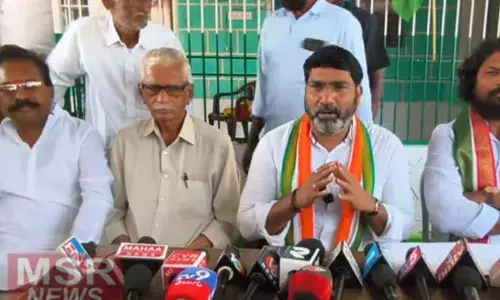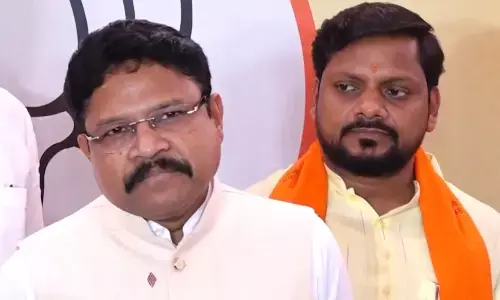India needs to have a good oil hedging policy: Raghuram Rajan

With geopolitical factors impacting crude prices, India needs to have a good oil hedging policy as the volatility will continue to rise, former Reserve Bank of India RBI Governor, Raghuram Rajan said Wednesday
With geo-political factors impacting crude prices, India needs to have a good oil hedging policy as the volatility will continue to rise, former Reserve Bank of India (RBI) Governor, Raghuram Rajan said Wednesday.
Rajan said the issue has been discussed in the past and it began with a strategic petroleum reserve, but beyond that there is a need to think about hedging oil prices especially when it comes to levels such as now.
"There is a very strong need for an oil hedging mechanism for a country like ours which is so dependent on oil," Rajan said in a pre-recorded interview being telecast at Times Network's India Economic Conclave.
The problem is many who are entrusted with this, fear the chance of oil prices falling even further if you hedge it, but that has to be taken as a national consequence of the hedging programme. "We, as a country, must think about whether we should start this process," he said.
Raghuram Rajan said as far the GDP growth number is concerned, there is always a need to do more.
Giving an analogy, he explained, "The proof of the pudding is sometimes in the eating. If 25 million people are applying for 90,000 jobs, it suggests that we are not supplying that many jobs and that means growth is not strong enough at least in the job creating areas," he said.
According to him at this time one of the biggest areas of concern is state deficits, especially during election time where many states are promised waivers and also dole out goodies to attract votes.
"This, often hampers them later on because ultimately what is suffering is investment," He said.
Rajan said if we look at agrarian unrest, one of the big concerns is that agrarian productivity has not increased as it should, and the prices have been fluctuating.
"The effect of all this is that people are getting more and more concerned that they don't have access to a good livelihood," he added.
On land acquisition for projects, Rajan said there is a need to improve the pace of the process by making land rights much clearer, as there are some states where land rights are opaque, and also having a decent price as well as some kind of long-term incentives.
There is a need to focus on macro stability and distress sectors such as agriculture, banking and power sector, and try to get them back on track, he noted.
"There is no immediate reason to be overly concerned about India but there is a reason to revisit our growth path to ensure that it is stable, sustainable and equitable. If we do that we are on the right track," Rajan said.
Rajan also emphasised on having good and reliable data in the country to help decision makers formulate policies.
"As we go forward and become a USD 5 trillion economy from the over USD 2.5 trillion we are now, we need to have robust data and rely on data and take economic decisions on that basis," Rajan said.















